Headlines
Dangote refinery begins production of petrol

The facility to begin sale immediately
Nasiru Yusuf Ibrahim
The 650,000 barrels per day Dangote refinery has concluded the test production of petroleum and will begin sale immediately.
KANO FOCUS reports that this will bring much needed relief to Nigerians currently experiencing excruciation petrol scarcity in towns and cities across the country.

It was gathered that all the parameters for certifying the suitability of any refining asset have been satisfactorily ticked by the superstructure owned by Africa’s richest person, Mr Aliko Dangote.
The country despite spending billions of dollars on turnaround maintenance of its four official refineries for over two decades has been unable to get them to work.
Nigeria which consumes about 66 million litres of petrol daily on the average, currently spends a huge chunk of its budget, exceeding $10 billion by some estimates on the importation of the road fuel every year.
The development is expected to save the country several billions of dollars in foreign exchange as well as enhance the local availability of the critical fuel heavily used by businesses and homes.
In the same vein, Africa’s largest oil refining facility, is on the brink of producing significant volumes of petrol and the fuel could be made available as early as this week, Bloomberg reported on Monday.
Describing it as a landmark moment with the potential to transform the global market for the fuel, the report quoting two sources, stated that that product testing has started in earnest.
The giant new facility near the commercial hub of Lagos is on the verge of producing large amounts of the fuel and will be able to process 650,000 barrels a day of oil when at full capacity, turning more than half of that into petrol.
The ramp up is likely to be welcomed within the country, given that the state oil company — Nigeria’s main importer of fuel — said its ability to supply gasoline is being disrupted by debt and rising prices, Bloomberg stressed.
Dangote’s production is expected to impact billions of dollars of trade in fuel markets regionally and beyond as Nigeria remains a global demand sink for the fuel, receiving almost 250,000 barrels a day in shipments last year, mostly from Europe, according to data from analytics firm Vortexa Ltd.
Key to the plant’s petrol output is a unit called a reformer, which produces blendstock for the road fuel. That has started operating, with petrol production expected to begin by the end of the week, one of the people told the international news agency. Another said petrol would be rolled out this week.
At full rates, the refinery is expected to be able to produce about 330,000 barrels a day of petrol, according to Randy Hurburun, senior refinery analyst at consultancy Energy Aspects Ltd. That’s more than 1 per cent of global demand for the road fuel, which is about 27 million barrels a day.
Still, those volumes are a long way off, with Energy Aspects forecasting about 90,000 barrels a day of production in the fourth quarter, increasing to almost 250,000 in the second half of next year. Key to raising output further is another unit called a residue fluid catalytic cracker.
The refinery has been gradually ramping up after years of delays. The plant’s owner, Aliko Dangote, said in July the plant was aiming to start petrol production from August.
In response to questions about the various steps involved in ramping up gasoline output, a spokesman for Dangote told Bloomberg “we are on track”.
In the same vein, a Reuters report said on Monday that the refinery had begun processing petrol after delays caused by recent crude shortages, quoting an executive of the company.
The $20 billion refinery began operations in January with output of products including naphtha and jet fuel. The refinery promises to ease oil producer Nigeria’s costly reliance on imported oil products.
“We are testing the product (petrol) and subsequently it will start flowing into the product tanks,” said Devakumar Edwin, a vice president at Dangote Industries Limited. He did not however say exactly when the petrol would hit the local market.
Edwin said state-oil firm, the Nigerian National Petroleum Company Limited (NNPC), Nigeria’s sole importer of petrol, would buy the product exclusively.
“If no one is buying it, we will export it as we have been exporting our aviation jet fuel and diesel,” Edwin said.
The delivery of petrol into the Nigerian market will ease NNPC’s struggle to supply the local market. The company is reeling with debts of $6 billion to oil traders for supply since January, Reuters reported.
This has affected its ability to supply the local market where fuel queues have persisted since July.

Headlines
Kano business community thanks FG for N5bn Singer market relief
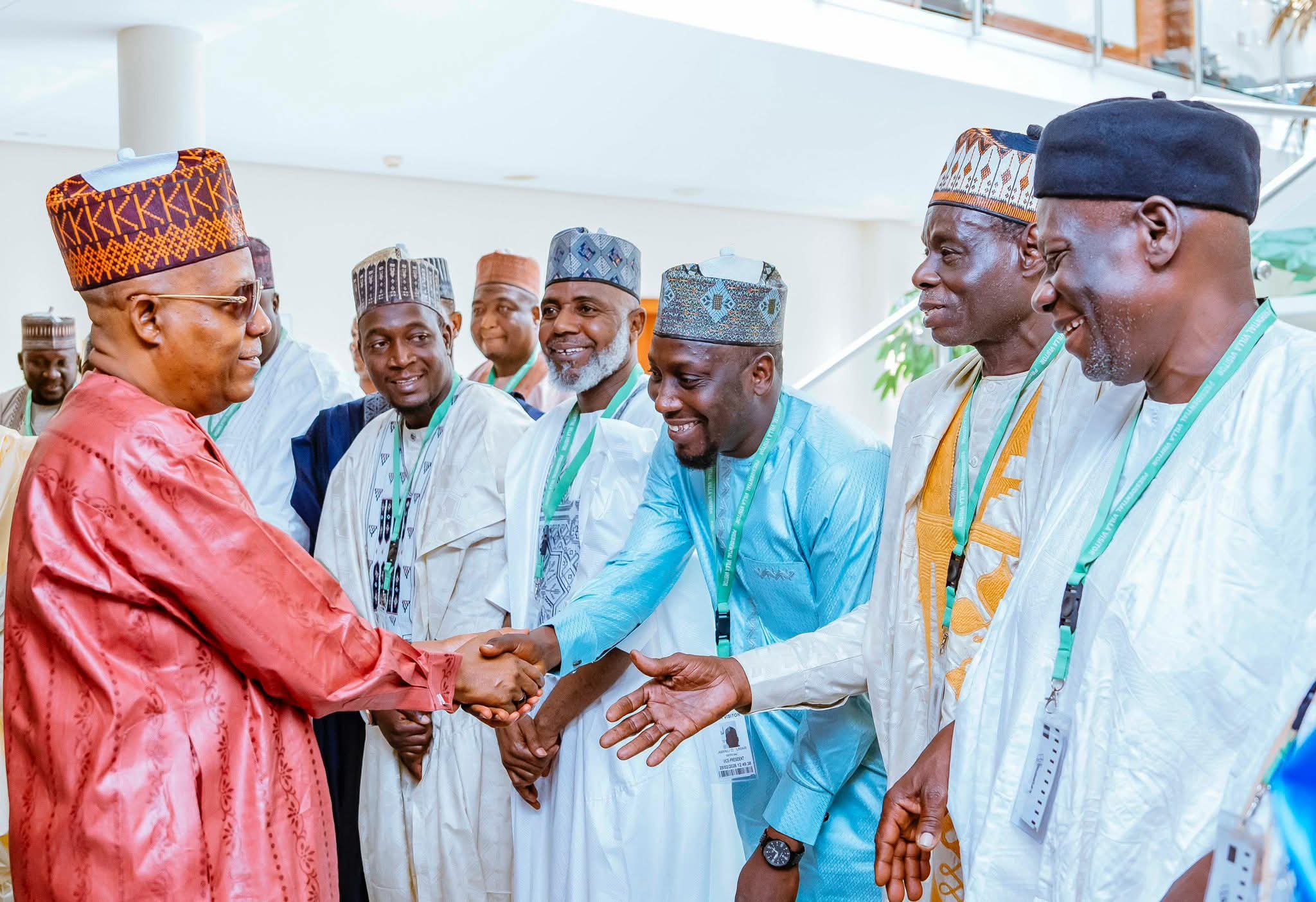
Nasiru Yusuf Ibrahim
Nigeria’s Vice President, Kashim Shettima, on Tuesday received a delegation from the Association of Kano Business Community at the Presidential Villa, Abuja, during a thank-you visit to President Bola Ahmed Tinubu.

KANO FOCUS reports that the delegation expressed appreciation to the Federal Government for its support to traders and other victims affected by the recent fire incident that razed several sections of the popular Singer Market in Kano.
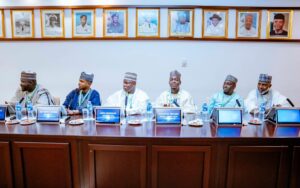
Speaking during the meeting, the Vice President reaffirmed the Federal Government’s commitment to collaborating with the Kano State Government and relevant agencies to prevent a recurrence of fire outbreaks in markets across the state.
He assured the delegation that President Tinubu has the interests of Kano people at heart, noting that the N5 billion approved as immediate relief for victims was based on the findings of a preliminary assessment of the damage caused by the inferno.
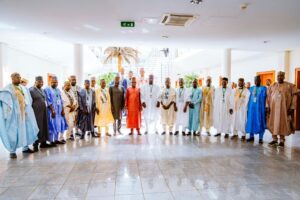
Shettima reiterated that the Federal Government would continue to support efforts aimed at restoring commercial activities and strengthening safety measures in markets to protect lives and property.

Headlines
Kano Govt inaugurates 23-member committee to disburse Singer market fire relief
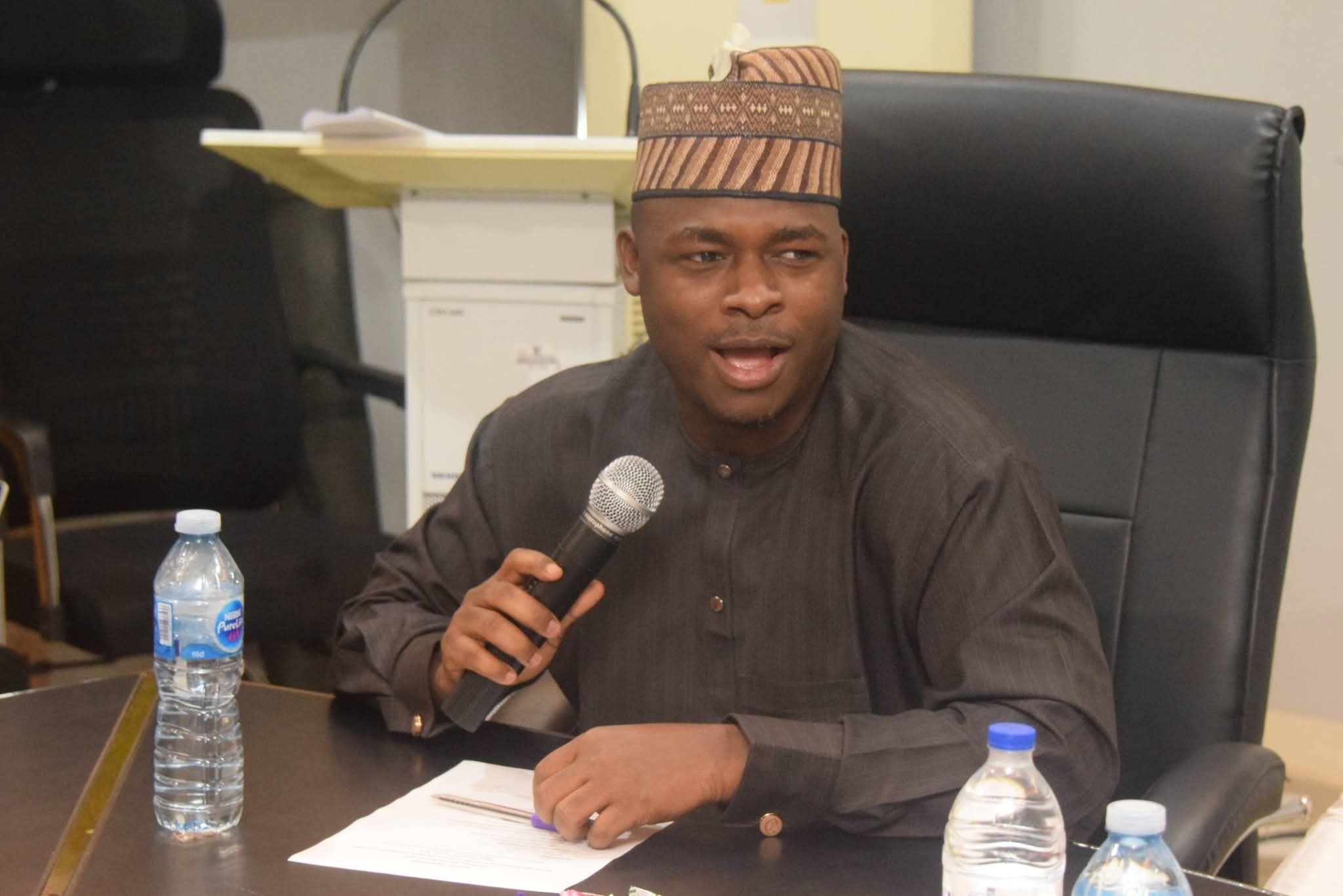
Nasiru Yusuf Ibrahim
The Kano State Government has inaugurated a 23-member committee to oversee the transparent and equitable distribution of financial assistance and relief materials to victims of the recent Singer Market fire disaster.

KANO FOCUS reports that the inauguration was carried out on behalf of the Secretary to the State Government, Umar Faruq Ibrahim, who chairs the committee. The event was presided over by the state Attorney-General and Commissioner for Justice, Abdulkarim Kabiru Maude.
According to the Attorney-General, the committee comprises representatives from key government agencies, security services, the Kano Emirate Council, religious leaders, and affected traders.
He said the panel’s mandate includes assessing the extent of losses, verifying genuine victims, ensuring timely distribution of support, and recommending measures to prevent future fire incidents.
The intervention follows support approved by President Bola Ahmed Tinubu, as well as contributions from the APC Governors Forum. It also comes in addition to earlier assistance provided by Governor Abba Kabir Yusuf and the Deputy Senate President, Barau I. Jibrin.
The state government reaffirmed its commitment to supporting victims of the disaster and restoring commercial activities at Singer Market.

Headlines
Kano Govt announces March 1 for schools’ Ramadan break
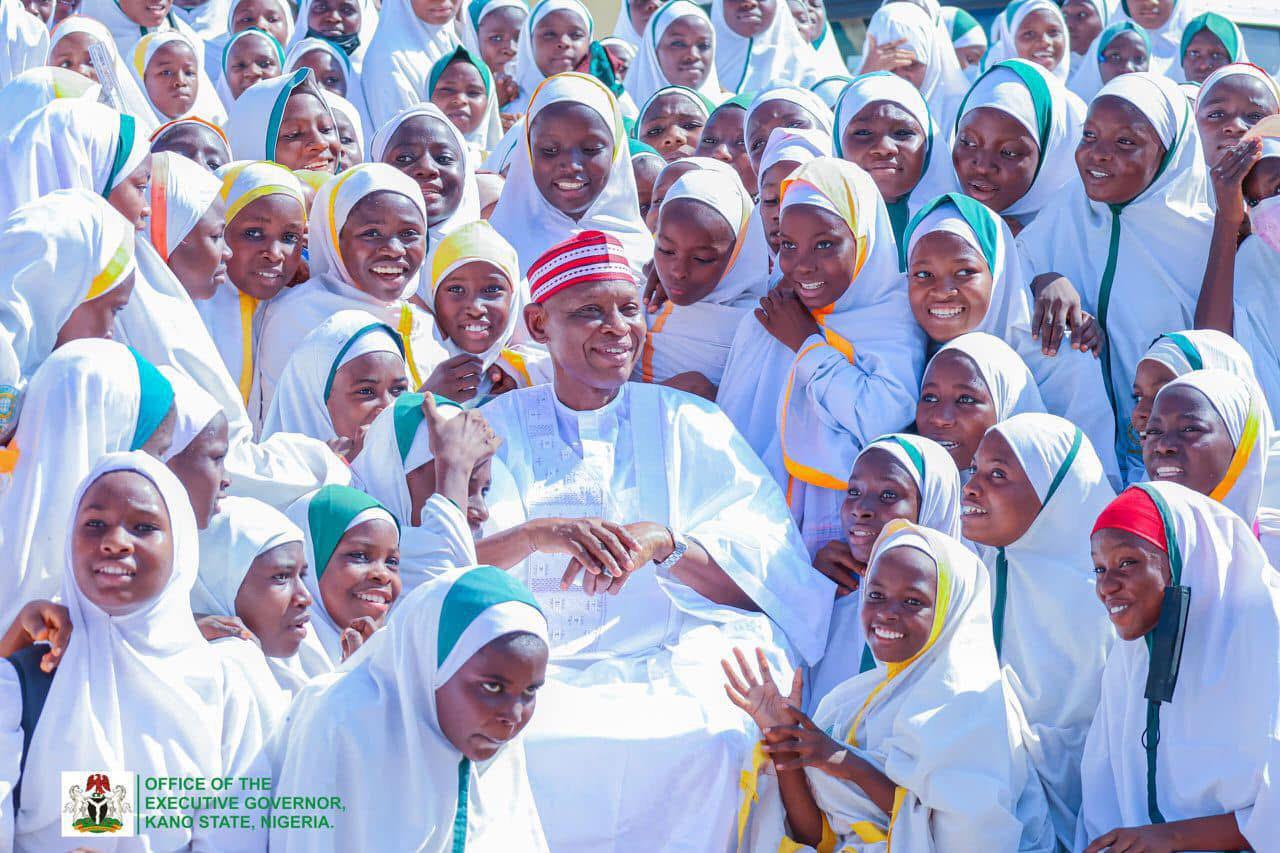
Nasiru Yusuf Ibrahim
The Kano State Government has announced Saturday, March 1, 2026, as the commencement date for the Eid-el-Fitr break for all public and private primary and post-primary schools in the state.

KANO FOCUS reports that the announcement, contained in the approved 2025/2026 academic calendar, applies to both day and boarding schools across the state.
According to a statement issued by the Director of Public Enlightenment, Musbahu Aminu Yakasai, parents and guardians of pupils and students in boarding schools are expected to convey their wards home by the early hours of Friday, February 28, 2026.
The statement further explained that boarding school students are to resume on Sunday, March 22, 2026, while day students are to resume on Monday, March 23, 2026.
It added that the second term will continue from Sunday, March 22, 2026, and end on Saturday, April 18, 2026.
The government directed all public and private schools in the state to comply strictly with the directive, warning that non-compliance would be treated as a breach of government instructions.
The Commissioner for Education, Ali Haruna Abubakar Makoda, urged parents and guardians to ensure full compliance with the approved resumption dates.
He appreciated parents and residents of the state for their continued cooperation and support to the ministry, and wished pupils and students a successful completion of the Ramadan fast and hitch-free Sallah celebrations.












